The Growing Demand for Online Restaurant Booking Platforms
Building a platform that makes dining easier is no small feat. But what if you could create something like TheFork clone, a restaurant reservation system, where booking a table becomes second nature for diners, and restaurant owners have everything they need to stay organized and grow their business? People want convenience, easy reservations, and a way to discover new dining spots, all of which are possible when you build the right platform.
At EnactOn, we specialize in creating an online restaurant reservation system that does more than just manage reservations. We make the process smooth, easy, and fun for everyone involved. If you’ve been thinking about launching something like TheFork, we’re here to turn your idea into reality.
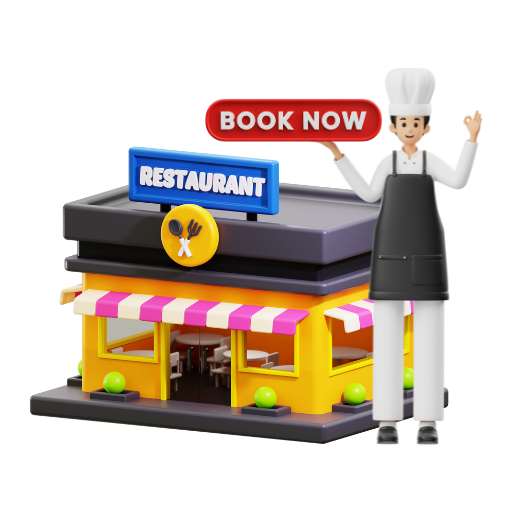
Why Build a TheFork Clone?

The Demand for Foodtech Solutions
It’s simple. People want to book their meals quickly and easily. Dining is more than just eating; it’s about the experience, and now that experience needs to be easy to access. A platform like TheFork does just that, making it effortless for people to find restaurants and book a table. With this demand on the rise, there’s never been a better time to build your own platform.

Steady Revenue Streams
Building a platform like TheFork gives you a flexible, scalable revenue model. You can use subscription plans for restaurants or take a commission from each booking. And the best part? You can offer special deals, loyalty programs, and premium features that keep diners and restaurant owners engaged. It’s an income stream that grows as your platform grows.

Unlimited Growth Potential
This is more than just a local online restaurant reservation system. Whether you’re planning to serve local restaurants or scale globally, the potential for growth is huge. A great restaurant booking platform is one that keeps evolving with the food industry, from small casual dining spots to larger, corporate dining solutions. You’ll always have room to expand.
Clients that have trusted us over the years

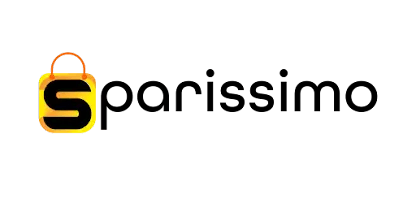
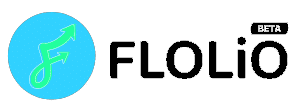



Must-Have Features for an App Like TheFork

For Diners:
- Easy Onboarding: The process should be quick and simple, so diners can get started with making reservations right away.
- Personalized Recommendations: Use AI to suggest restaurants that fit a diner’s taste, helping them discover new places with just a few clicks.
- Secure Booking System: Make sure the booking process is simple, secure, and quick.
- Exclusive Offers: Reward diners with discounts, loyalty programs, and special deals to keep them coming back.

For Restaurant Owners:
- Profile Management: Let restaurant owners easily manage their availability, menus, and booking details.
- Reservation Dashboard: Provide restaurant owners with an easy-to-use dashboard that keeps track of bookings and cancellations.
- Automated Reminders: Reduce no-shows by sending automated reminders to both diners and restaurant owners.
- Revenue Insights: Offer restaurant owners the ability to track their earnings and see how their restaurant is performing.

For Admins:
- User & Restaurant Management: Admins can oversee restaurant listings, diner accounts, and manage bookings.
- Advanced Analytics: Track platform performance, user activity, and financials to continually improve.
- Monitoring: Ensure everything is running smoothly and meeting platform standards.
- Content Control: Manage homepage banners, featured restaurants, and promotional content to align with business goals.
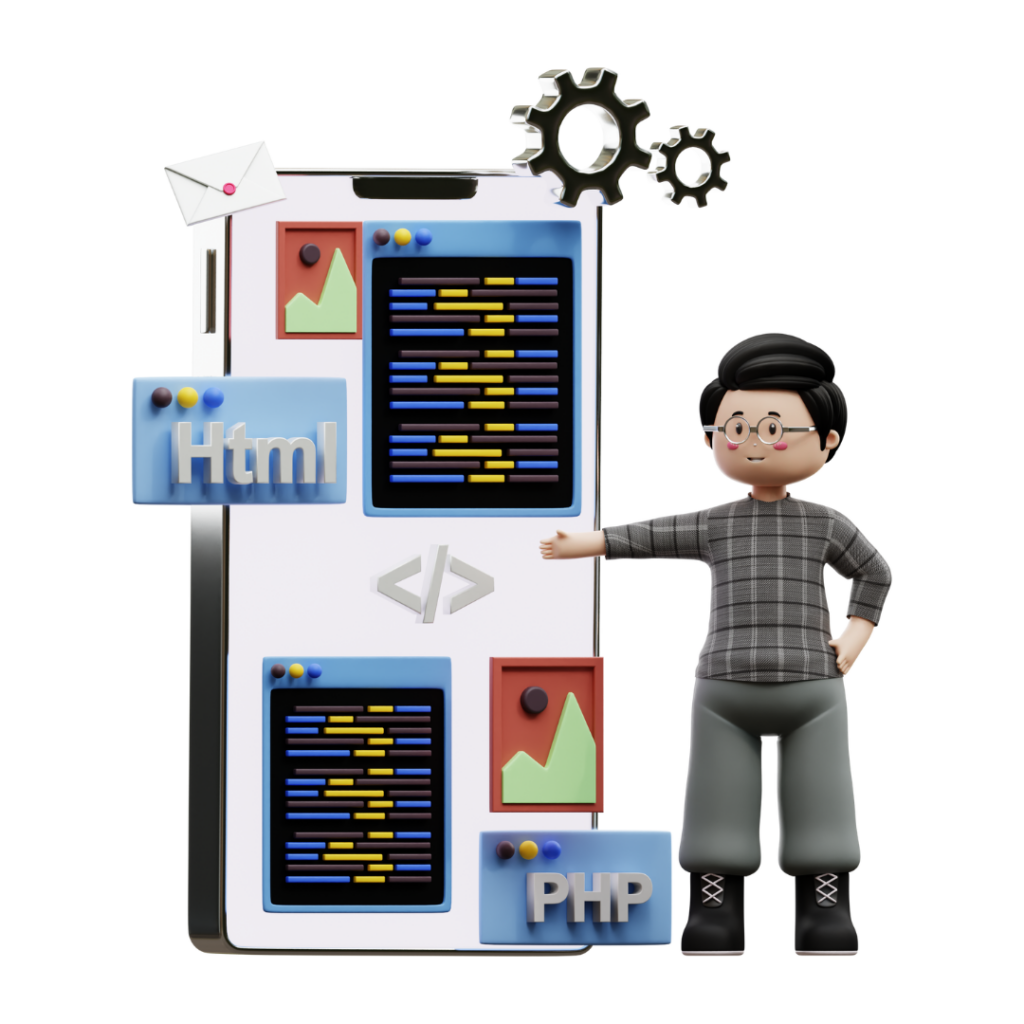
Technology Stack & Integration Options
Restaurant reservation system design is not an easy endeavor, and building a platform that can handle everything from reservations to loyalty programs means choosing the right technologies. Here’s what you can expect:
➤ Frontend: We use popular and reliable frameworks like React.js, ensuring the platform is fast and responsive on all devices.
➤ Backend: Our platform is built on robust technologies like Node.js, which scale easily as your user base grows.
➤ Database: We use secure and scalable databases like MySQL to manage restaurant data, bookings, and user profiles.
➤ Payment Gateway Integrations: Easily integrate with global payment gateways like Stripe, PayPal, or your preferred local options to ensure secure transactions.
➤ POS System Integrations: Our platform can be seamlessly integrated with restaurant POS systems for smooth operation on both the front and back ends.
By choosing the right tech stack and integrating with key services, you’re setting the stage for a platform that grows with your business.
Risk Management & Compliance
Running an online platform means handling sensitive data, and that’s a responsibility we take seriously. Here’s how we ensure your platform stays secure:
➤ Data Protection: We ensure your platform complies with global data protection standards like GDPR. This means that all personal data, from diners to restaurant owners, is stored securely and handled with care.
➤ Payment Security: All payment transactions are securely processed with encryption technologies, adhering to PCI-DSS standards to protect credit card information.
➤ Compliance: We ensure that the platform meets all necessary industry regulations, so you can focus on growing your business without worrying about legal issues.
➤ Regular Audits: We perform regular security audits and updates to make sure your platform is always up-to-date and protected against new vulnerabilities.
Building trust with your users starts with strong security practices. We take every measure to keep your platform safe and compliant.
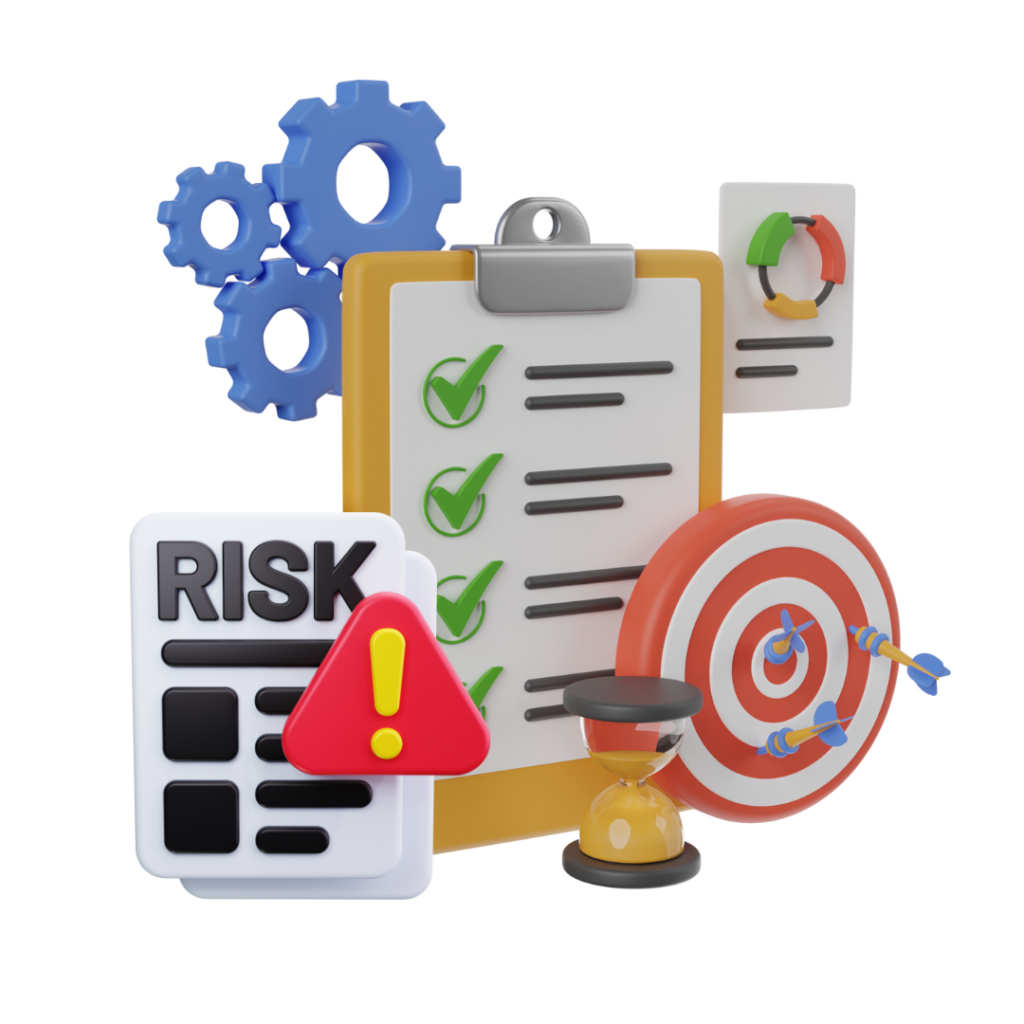
Restaurant Onboarding Process
Getting restaurants on board with your platform should be easy, and we’ve designed the process to make it as simple as possible:
1. Restaurant Registration
Restaurant owners sign up on the platform, providing key details like restaurant name, location, and available times.
2. Profile Setup
After registration, they can easily add their menus, special offers, photos, and more to create a fully optimized profile.
3. Reservation Management
Once set up, restaurants can manage reservations from the dashboard, track bookings, and view customer preferences.
4. Onboarding Support
We provide onboarding guides and support to help restaurant owners feel confident and get the most value.
Customization Matters – Here’s Why
A TheFork Clone gives you a foundation for an online restaurant reservation system, but you have the flexibility to build on it to make it truly yours. The platform should reflect your unique vision, style, and business goals.
Design Customization
You control the design—everything from logos to color schemes—so it truly feels like your brand.
Tailored Features
You can customize the platform with unique features that match the needs of your target audience.

Scalability
As your user base grows, so can your platform. Add new features, integrations, and tools to keep up with your business.
What Additional Features Can Be Added To TheFork Clone?
Want to take your restaurant reservation system development to the next level? Add these features to make your platform stand out:

AI Recommendations
Offer personalized suggestions based on diners’ preferences and previous bookings.

Group Reservations
Let diners book for larger groups, whether it’s a family dinner or a business event.

Loyalty Programs
Encourage repeat customers with rewards that keep them coming back.

Corporate Solutions
Offer businesses a way to handle large-scale dining or corporate event bookings.

POS Integration
Sync with restaurant point-of-sale systems for a smoother, more efficient experience.
Competitive Analysis: Stand Out From the Crowd
There are big players in the space, but you can set your platform apart by offering something they don’t. Here’s how:
Customization
Instead of offering a one-size-fits-all solution, build a platform that speaks directly to the needs of your audience.
Flexible Pricing
Provide various options for restaurants, from subscription models to pay-per-booking solutions.
Advanced Features
Go beyond basic bookings with advanced tools like AI-driven recommendations and event hosting.
Monetization Strategies: Unlock Profit Potential
When it comes to making money, there are a few tried-and-true methods:


Target Market & User Personas
Understanding who will use your platform is key to designing a TheFork Clone solution that works. Here’s a quick look at your potential users:
By focusing on these groups, you can design a platform that meets their specific needs.
SEO & Digital Marketing for Restaurants
A great restaurant reservation system design doesn’t just book tables. It helps restaurants grow their online presence:

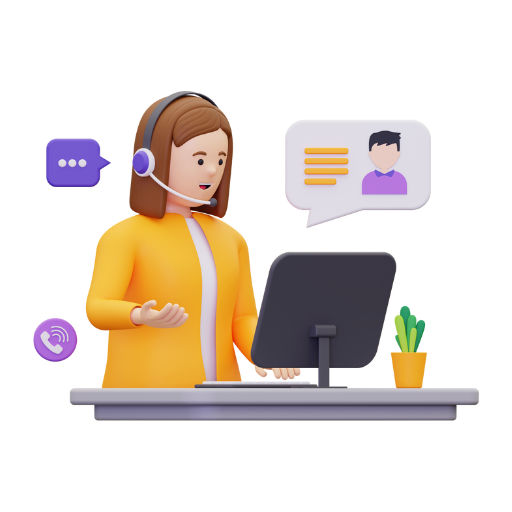
Customer Support & User Help
Support is key. Here’s how we ensure everyone has a great experience:
Globalization & Localization Capabilities
Want to take your platform to a global audience? It’s easy:
Multilingual Support
Cater to diners from different regions by offering support in multiple languages.
Currency Options
Allow users to book restaurants with their local currencies for a truly international experience.
Consultation & Planning
We’ll work with you to understand your audience, your business, and your goals.
TheFork Clone Timeline & Development Process
Building your custom platform will be a smooth, straightforward process:
UI/UX Design
We’ll design a clean, user-friendly interface that looks great and works smoothly.
Core Development
We’ll build out all the essential features, from reservations to payment systems.
Testing & Launch
We’ll test everything to ensure it’s perfect before launching.
Ongoing Support & Maintenance
After launch, we continue optimizing the platform to ensure its success.
Post-Launch Support & Maintenance
After your platform is live, we’re here to help you keep things running smoothly:

Regular Updates
We’ll make sure your platform stays up-to-date with new features and security patches.

Performance Optimization
We’ll track performance and optimize for smooth operation.

24/7 Support
We’re always available if you need assistance.
How EnactOn Can Help You With Restaurant Reservation System Development like TheFork Clone
At EnactOn, we’re here to help you create a custom online restaurant reservation system that works for you, your diners, and your restaurant partners. From the initial concept to post-launch support, we’re committed to your success.
Let’s Bring Your Restaurant Booking Platform to Life!
The foodtech space is growing fast, and now’s the perfect time to get started. With the right foodtech software, you can revolutionize the way people book restaurants and discover new dining experiences.
Ready to take the next step? Contact us today, and let’s get started on building your platform.
FAQs
350+
Customer
65+
Countries
70+
Technocrats
12+
Years in Business
Review
What Our Client Says
5/5
“No matter it’s a day or night, there are responses to my inquiries and resolves my concerns in less than an hour.”
He Wang
Founder at, Cashbackist, Inc.
5/5
“Best thing about EnactOn is they have all under-one-roof solution for end-to-end business requirements.”
Tej Prakash
Founder at, AdGaem
5/5
“We appreciate their attention to detail and creative approach in bringing our new exhibit to life online.”
Y Sreekanth
Founder at, Cashkart365.
5/5
“EnactOn provided me with a more comprehensive proposal than I asked for, which helped me proceed smoothly with development.”
Tejas Ahobala
Founder at, Khareedhi
5/5
“All my worries and thinking turned in positive ways when I came across an expert team of EnactOn technologies.”
Aaksh Soni
Founder at, DealNo1
5/5
“The technical approach to a solution has been their core strength. Overall domain and business expertise is truly remarkable.”
Quartzobr
Founder at, Kahle.com.br
Contact Us
Let’s Turn Your Idea Into Your Success Story

12+ years of Experience

65+ Countries

350+ Customers

